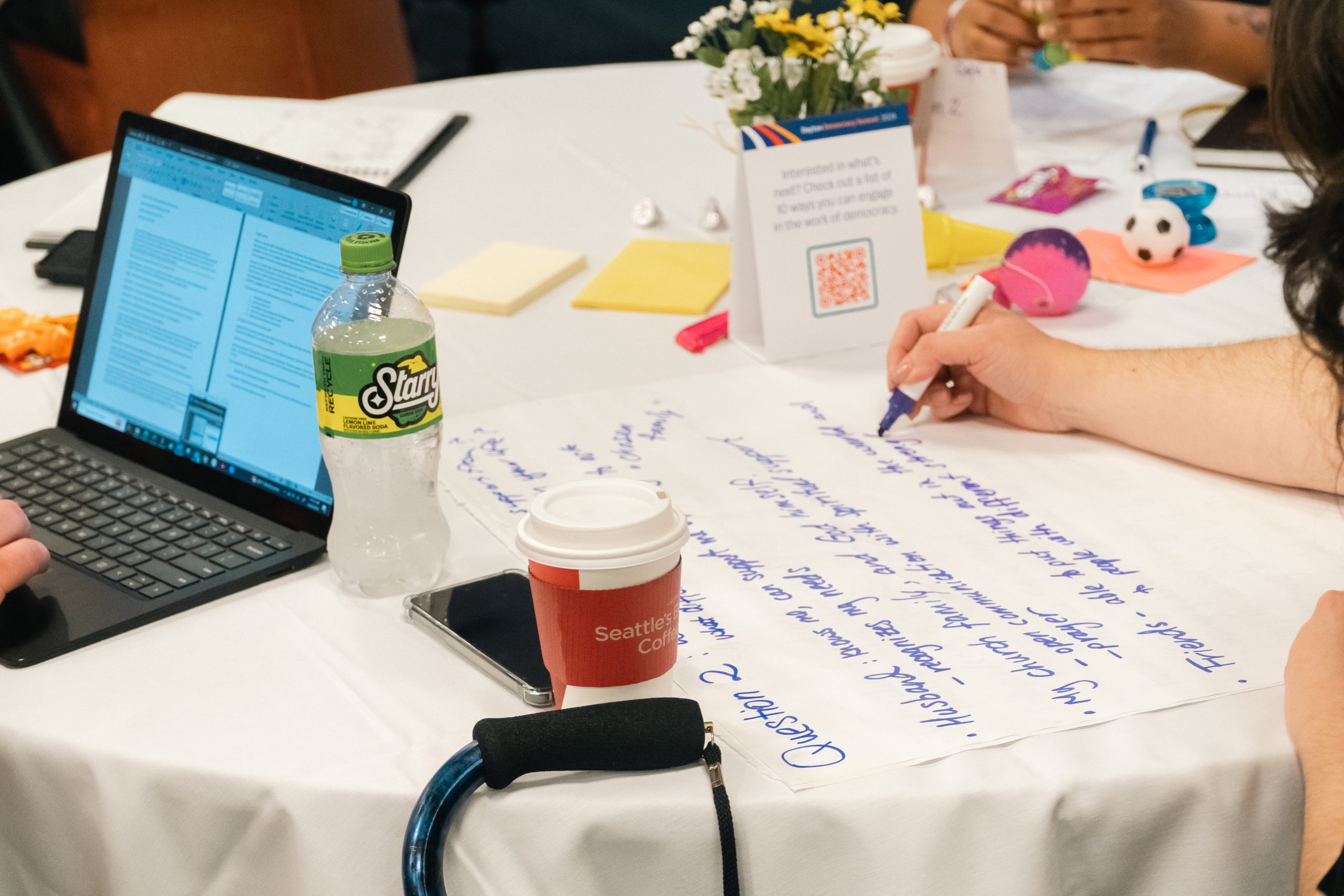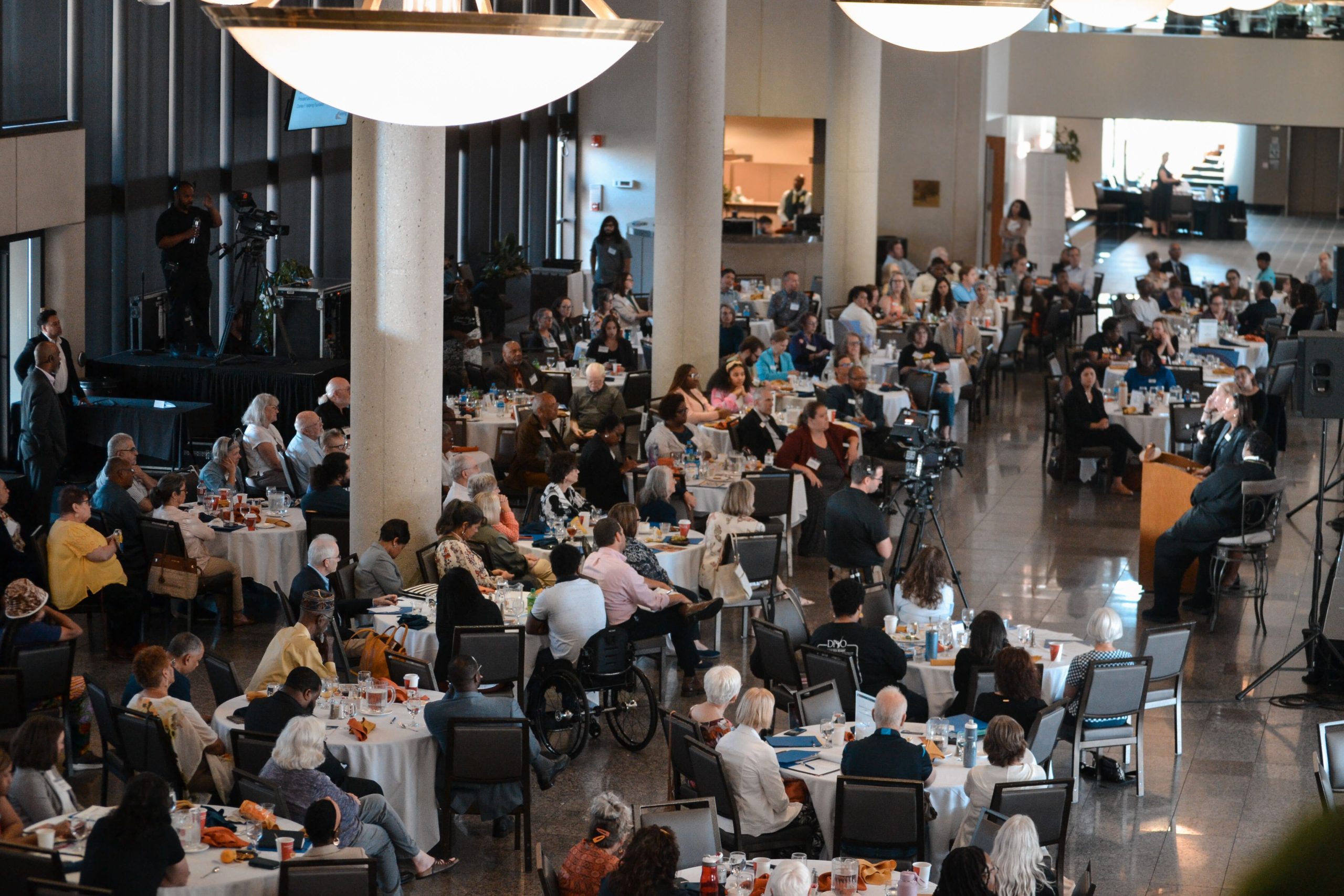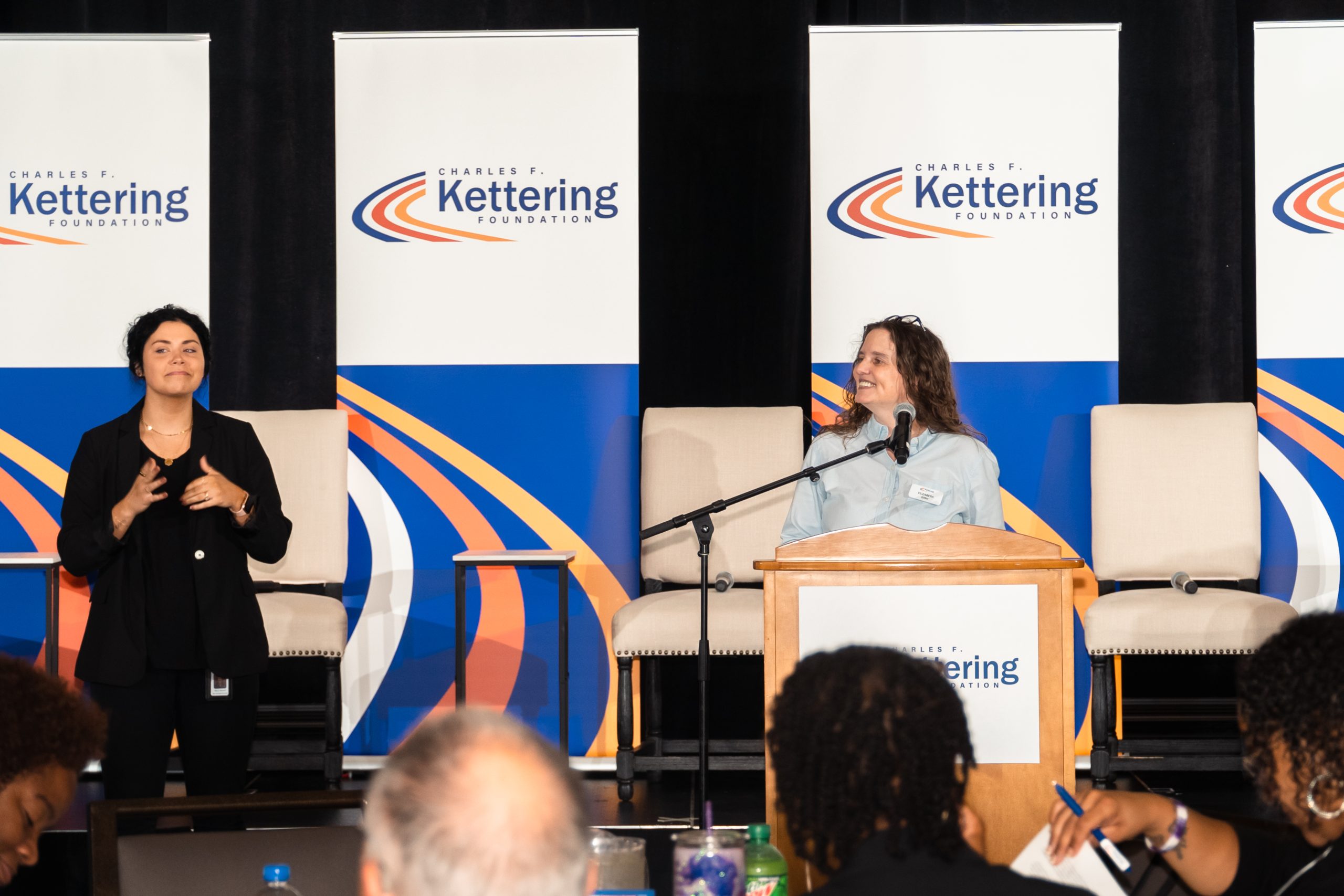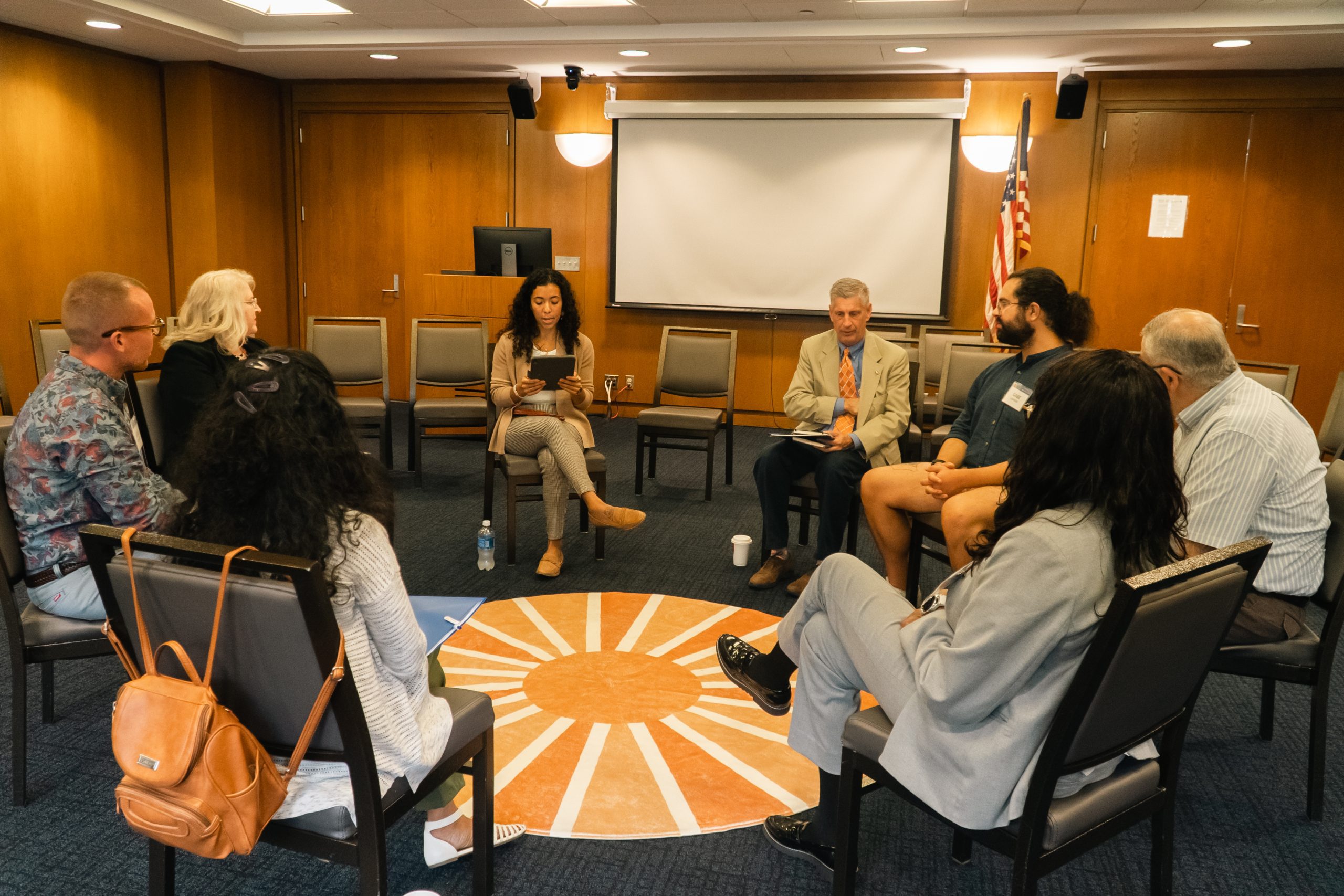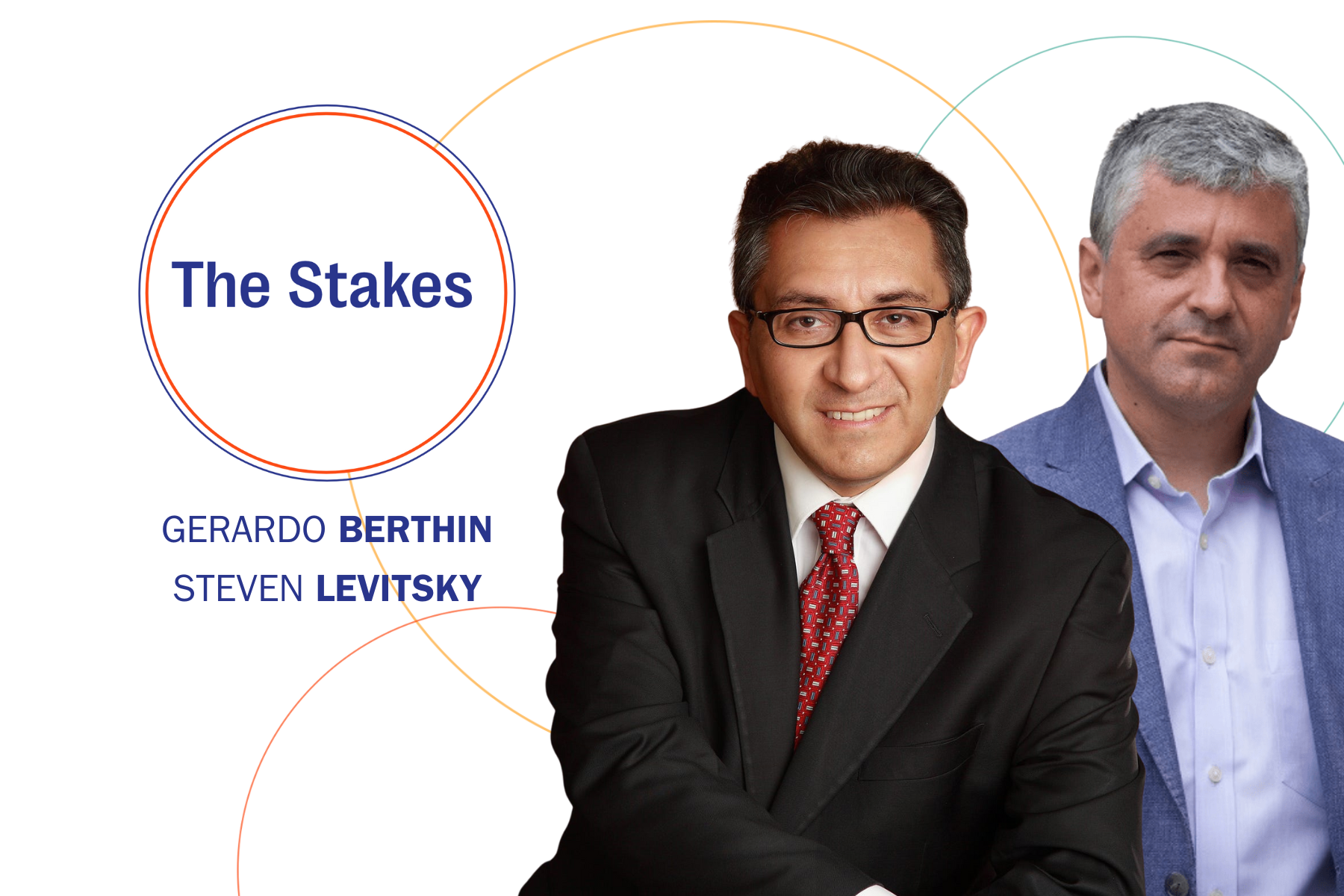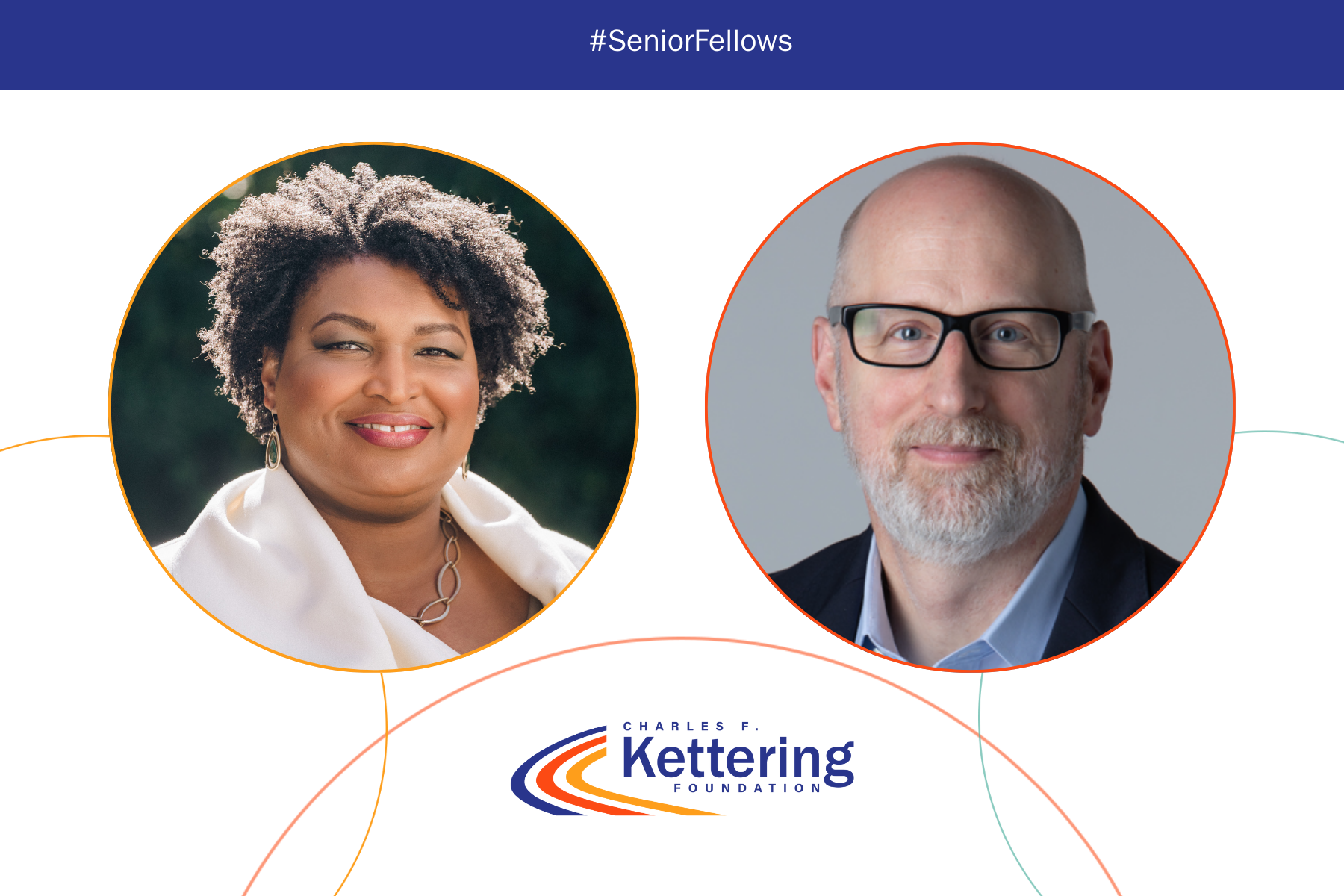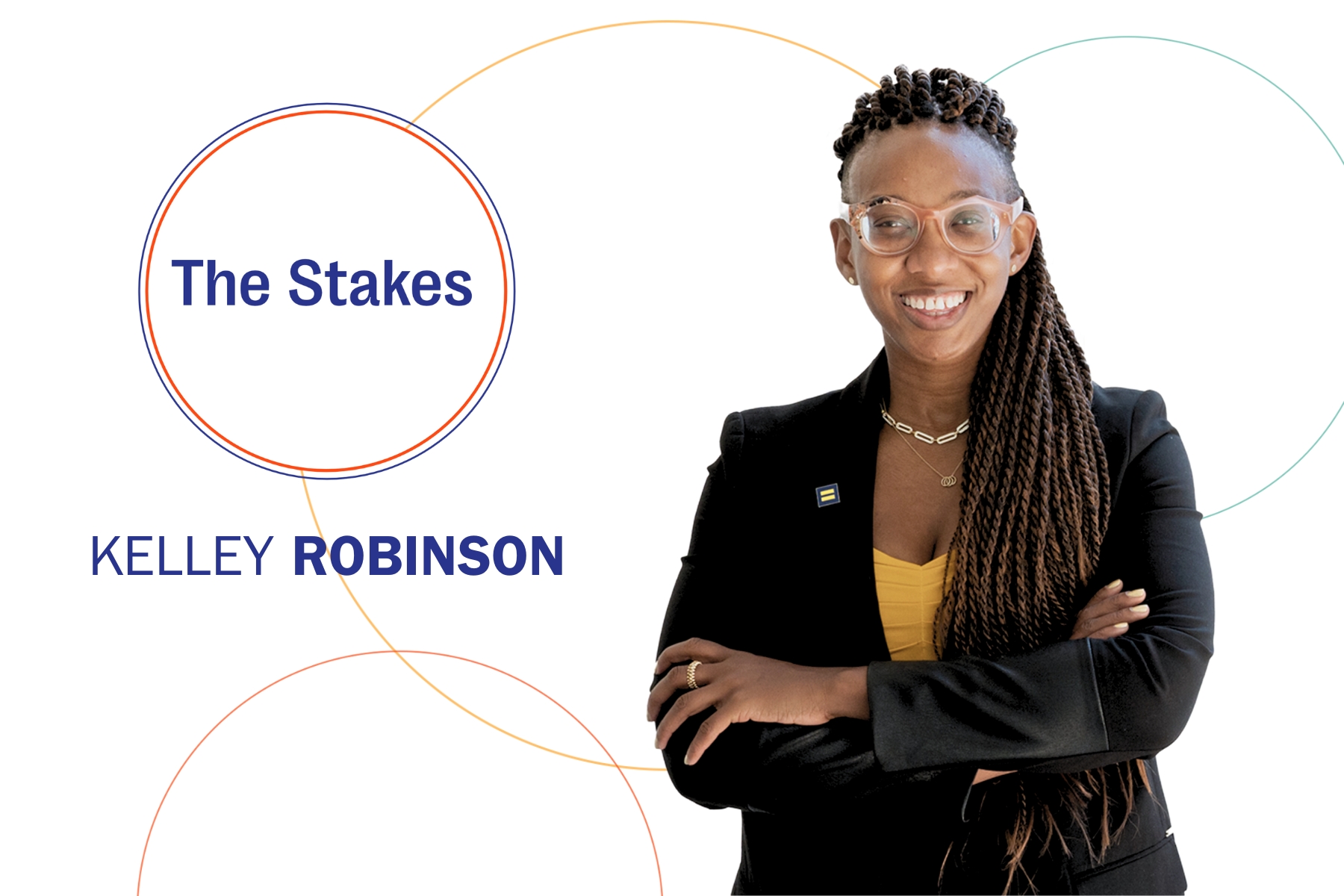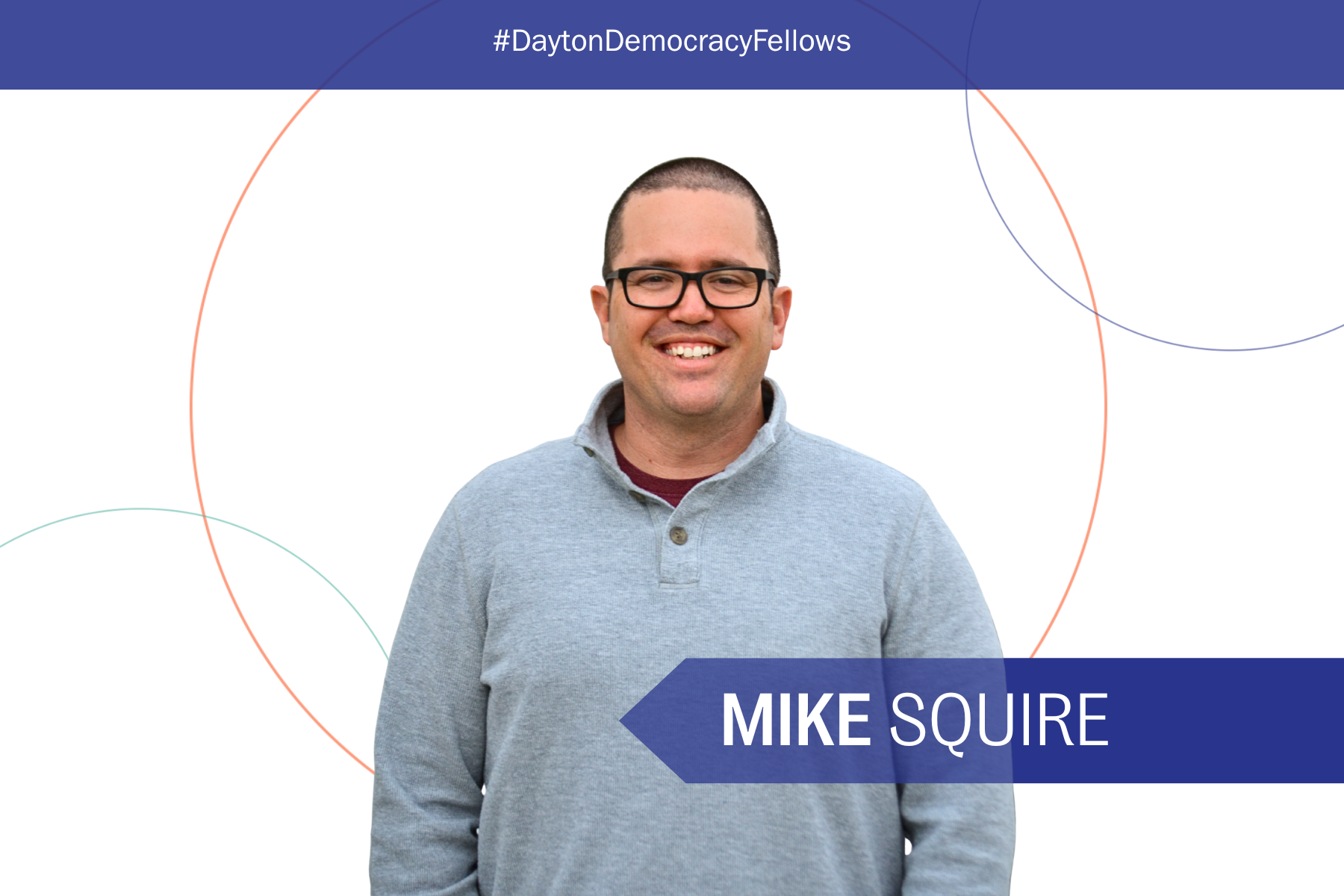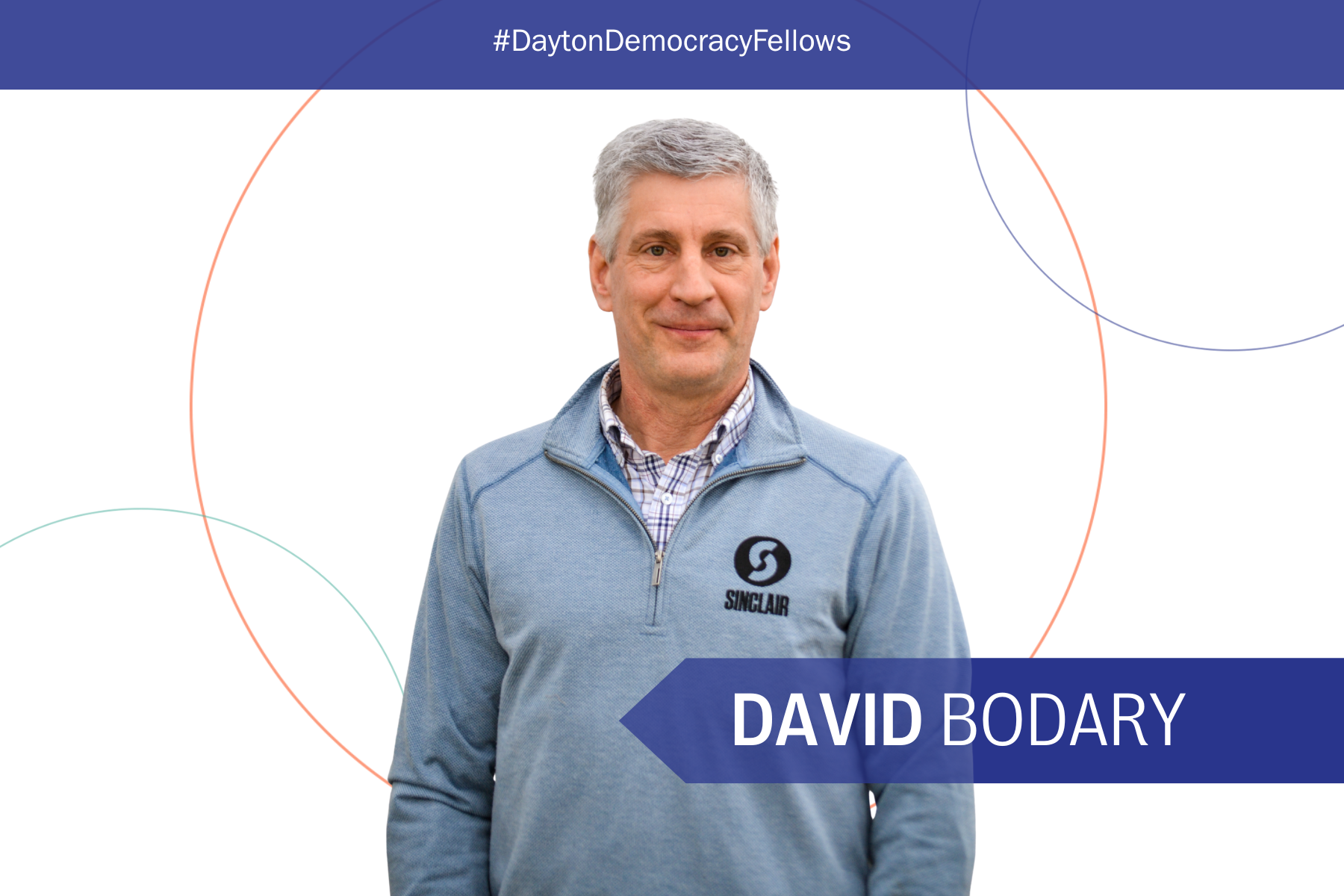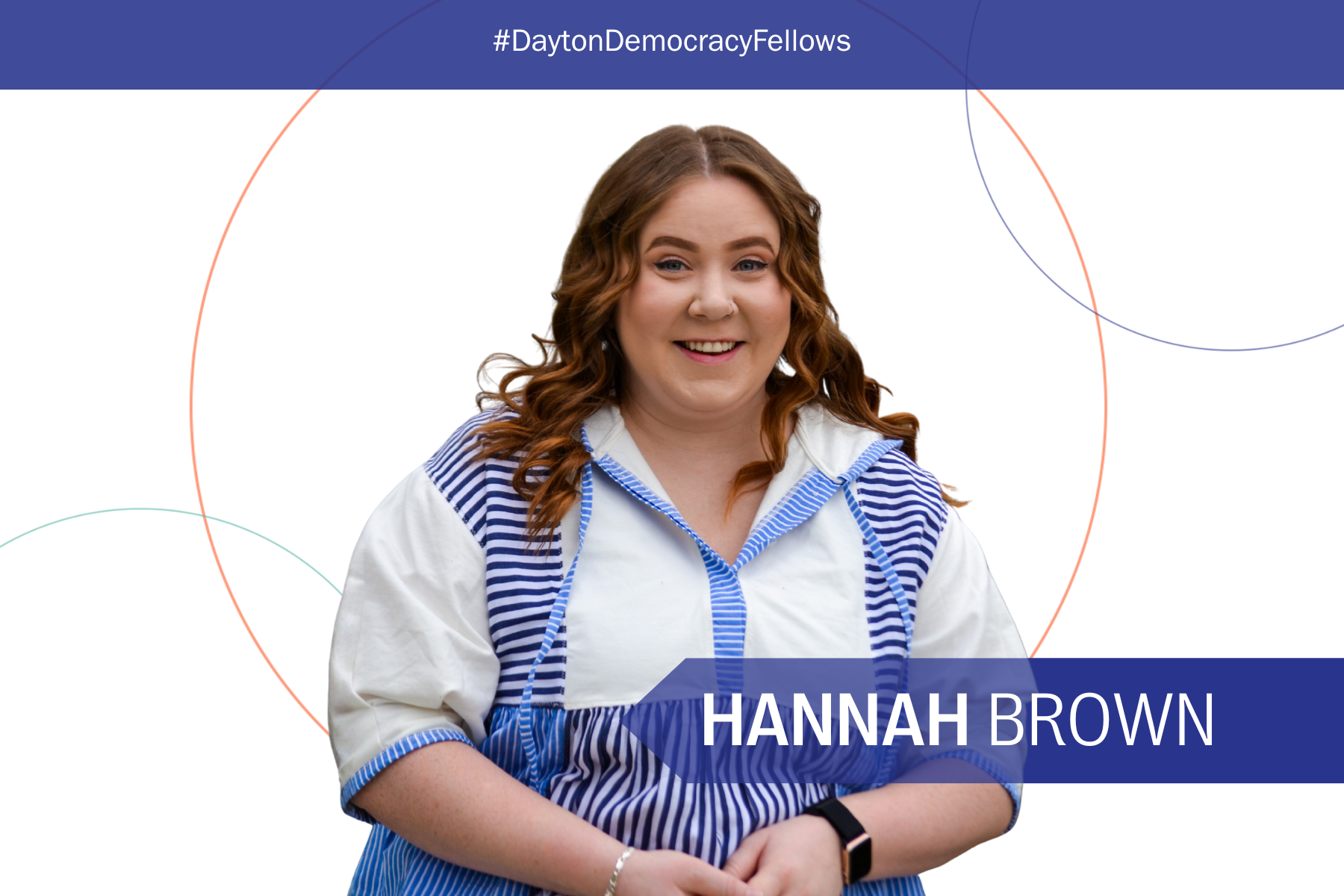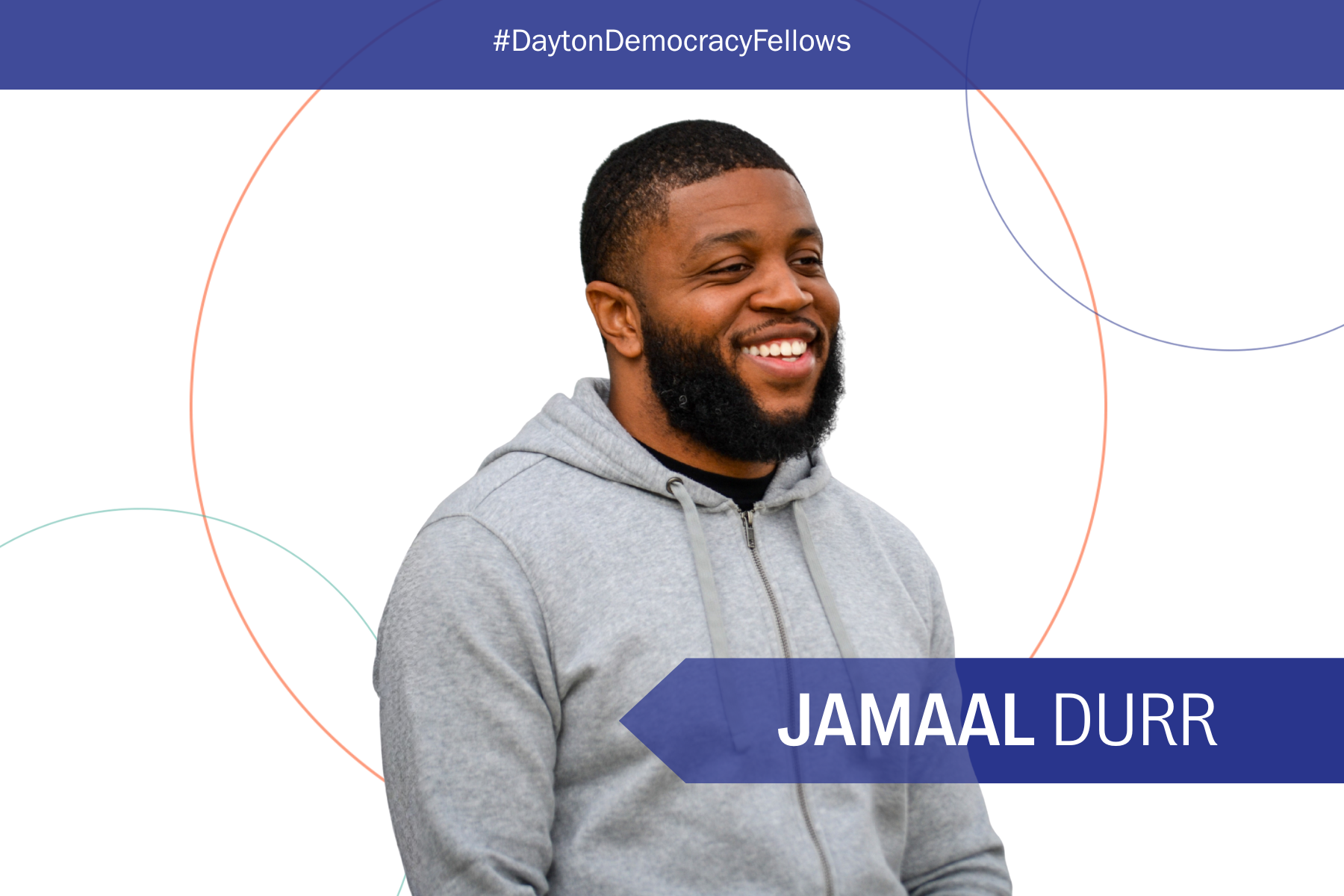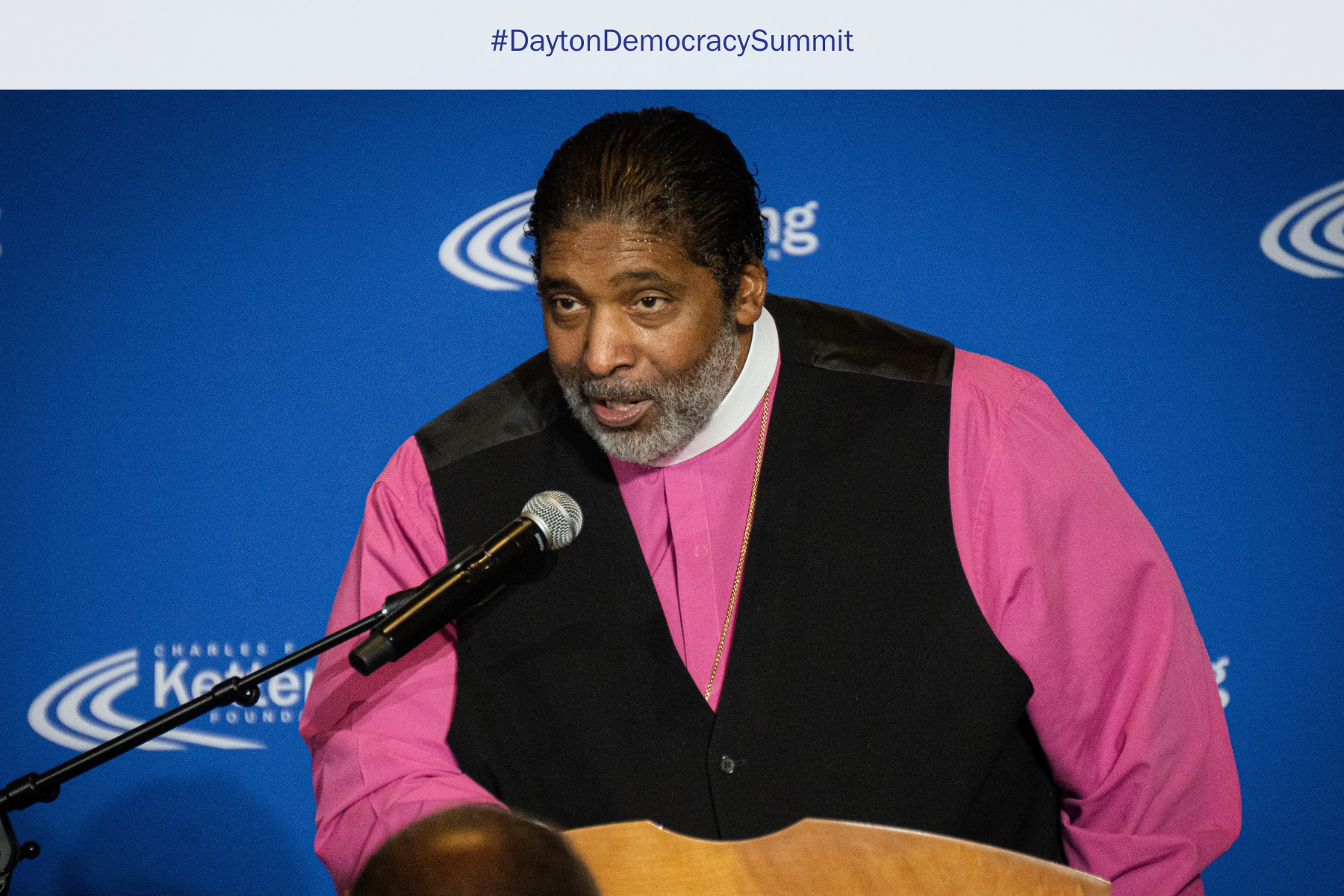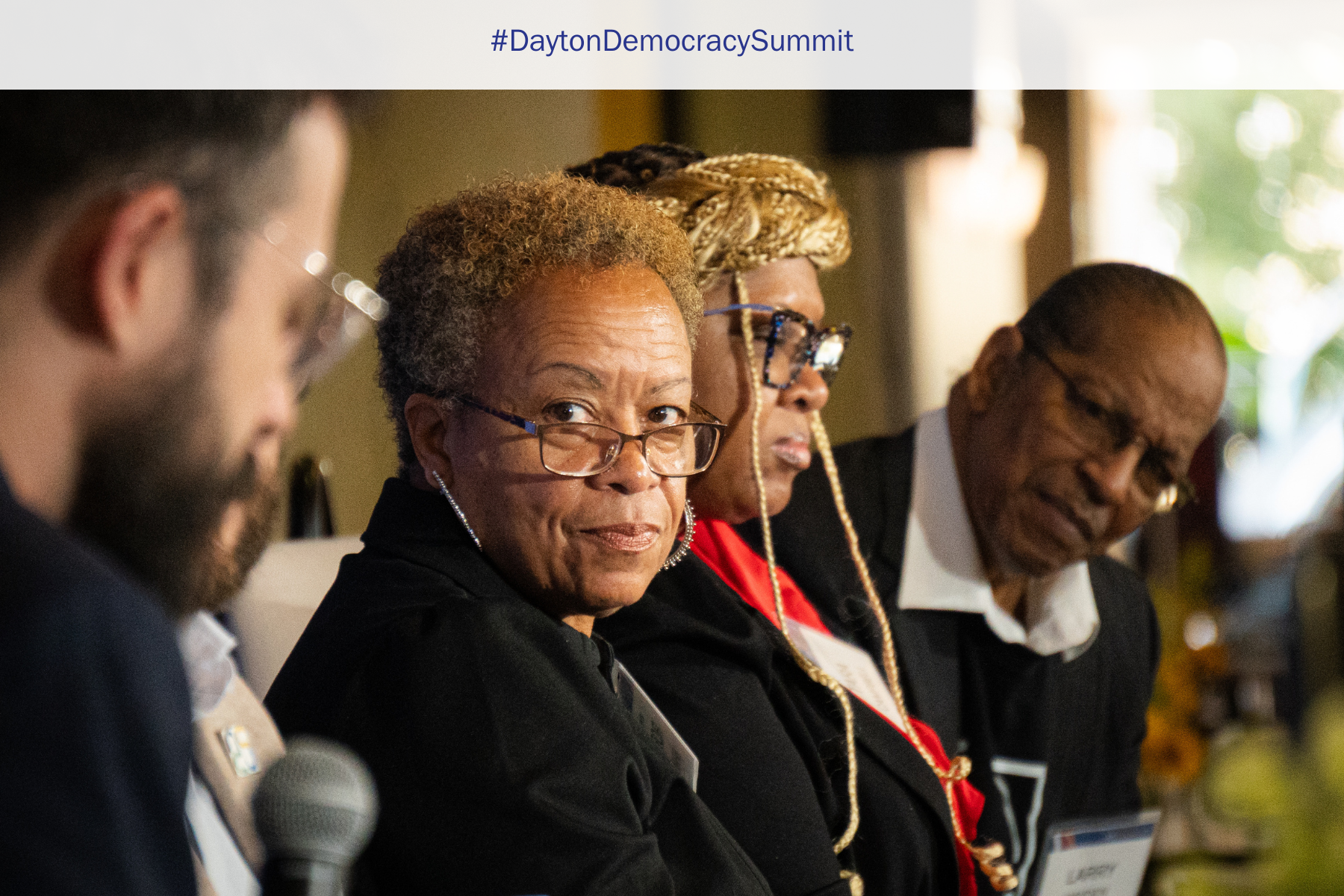The Inaugural Dayton Democracy Summit:What You Missed
The Charles F. Kettering Foundation hosted the inaugural Dayton Democracy Summit on Friday, September 20, at Sinclair College in Dayton, Ohio. It was a gathering of people from all walks of life who wanted to learn from each other, be inspired, and be encouraged as they work to create a just and fair world.
Elizabeth Gish, the foundation’s senior program officer for Democracy and Community, opened the day reminding participants that democracy is for everyone and means that all people belong, everyone is equal, and everyone should have a say in their communities, states, and nation. The summit, an initiative of the Democracy and Community focus area, was organized by the foundation’s Dayton Democracy Fellows, who are innovative leaders, changemakers, and dreamers building movements for inclusive democracy in their communities.
In her welcoming remarks, Kettering’s President and CEO, Sharon L. Davies, reflected on the past work of citizens in a democracy and their lasting impact. She said, “All of these generations of citizens who fought for a fuller democracy on our behalf were courageous. We stand on the shoulders of those past generations of Americans who understood that democracy is only as strong as the people demand that it be.” Davies also noted that the strength of democracy comes from our communities and the ability for all people to participate.
Attendees were led in a connecting and centering exercise by Dayton Democracy Fellow Taylor Johnson to focus on the day and set aside anything that prevented them from being fully present. This emphasized the need for self-care in the midst of movement building.
The first panel, What’s Democracy Got to Do with Our Lives?, included four Dayton Democracy Fellows—Peter Benkendorf, Daj’za Demmings, Fabrice Juin, and Jenny McDermott—and was moderated by David Bodary, chair of the Communications Department at Sinclair College. Panelists shared democracy’s connection to their everyday lives through personal stories, and discussed the challenges to achieving an inclusive democracy and the role of community engagement in fostering democracy.
Following the panel, participants were invited to attend one of sixteen workshops focused on building an inclusive democracy starting at the community level. Topics ranged from storytelling to grassroots work to serving from your values to voting access. More than 200 participants engaged in small group discussions in the workshops and over lunch.
The second panel, Why We Do What We Do, included five Dayton Democracy Fellows: Destiny Brown, Pamela Cone, Taylor Johnson, Dee Wooding, and Vibes. The panelists made connections between their own stories and the bigger story about democracy, inclusion, and belonging. They discussed the need for one-on-one conversations, how shame can be a barrier, ways to connect with and help those in need, and what a community free of barriers could look like.
After a brief break, the World House Choir, a diverse, multicultural, mixed-voice choir based in Yellow Springs, Ohio, led participants in several songs rooted in social change and civil rights. Their singing was a natural segue to the keynote address presented by Rev. Dr. William J. Barber II, a national leader for justice and equality and Charles F. Kettering Foundation Senior Fellow. Barber’s address focused on American history, emphasizing the need to understand it and how people responded in the past to understand our role today. He said, “America is a democracy that has always needed a lot of work. Over and over again, each generation needed to engage in reconstructing the nation and resurrecting our deepest ideals.” Today’s generation is no different. Barber called for people of all demographics to join together for justice and make a democracy worth holding on to.
The summit ended with a commissioning and dismissal from Kettering Dayton Democracy Fellow amaha sellassie, who encouraged participants not to go back to the norm or leave the same way they arrived. Instead, we should all look for ways to break down walls and barriers and consider how a new story emerging in the Miami Valley can shape the world.
